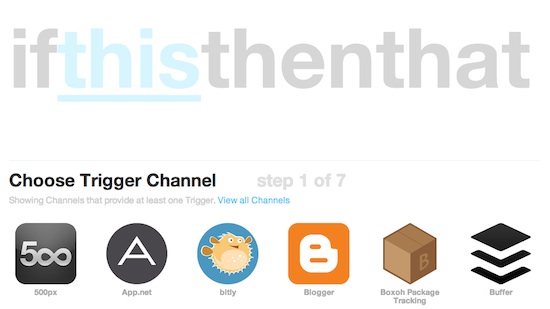
College campuses are hotbeds for new technologies, fads, and styles. Over the last couple semesters I’ve noticed a sizeable uptick in people wearing fitness trackers. These sleek, bracelet-like devices can track your steps, calories burned, food eaten, exercise routines, and sleep habits. Many can wirelessly sync to computers and smartphones.
Fitness trackers have long intrigued me, as a runner and frequent exerciser. Personally, I think the feedback would be helpful and encourage more healthy routines. I’ve seen both athletic and overweight populations wearing them. They seem perfectly suited to both populations’ needs. Despite these ample benefits, I haven’t purchased one because I think they should be free.

Insurance Companies Want Healthy Consumers
Health insurance costs escalated rapidly in recent years. Far surpassing inflation and comparable countries’ medical costs per capita, health coverage is a thorn for many individuals and small businesses. At times, the price of quality health care can be hard to come by if you’re on a tight budget.
Certain health provider groups started catering to athletes and highly-active individuals a few years ago. By developing a niche group of actuarially healthy individuals, the company could lower the cost of everyone’s premiums. Quite simply, it’s profitable for health insurers to encourage healthy choices in their clients.
Let’s Use Fiction To Inspire
Last year, Dave Eggers published his latest novel entitled, The Circle. Set in San Francisco and other parts of Northern California, the book takes the reader on a journey around a company that largely resembles Google. It’s a tech savvy, forward thinking company, that aims to collect everything and give people access to all the world’s information. Despite being insanely creepy at times, The Circle introduces some brilliant tech revolutions.
The one that is most apropos to this article is about a fitness tracker health insurance program. A free part of having this imaginary company’s health insurance is the access to one of these devices. It’s always on and managing your heart rate, calories burned, and tracking your sleep. The device is given at no cost to the employees because they can manage and encourage healthier habits – helping people live longer and cutting costs in heart-related procedures.
The Perfect Price Is Free
I have a serious bias because I’d like a fitness tracker. I think it would encourage me to exercise more regularly and eat healthier. Recognizing and tracking the strengths and weaknesses in your activity choices could positively influence much of the countries heart-related complications.
Ideally, health insurers will recognize the financial appeal of such devices and encourage certain clientele to use these trackers. By encouraging people to engage in more healthy behavior and connecting it with a financially solvent future, it may make the impetus and desire to exercise more potent.
The perfect price is free. This would eventually be a win-win for consumers, innovators, and the health insurers. This leap into technology has been stifled by prices that tend to be over $100 for trackers. As prices begin to decline (inevitably with all technology), fitness trackers may be a more easy choice for everyone involved.
Have you thought about getting a fitness tracker? Would you like your medical insurance to offer a free one?


 A man with a clever moniker recently emailed me to tell me he
A man with a clever moniker recently emailed me to tell me he 





